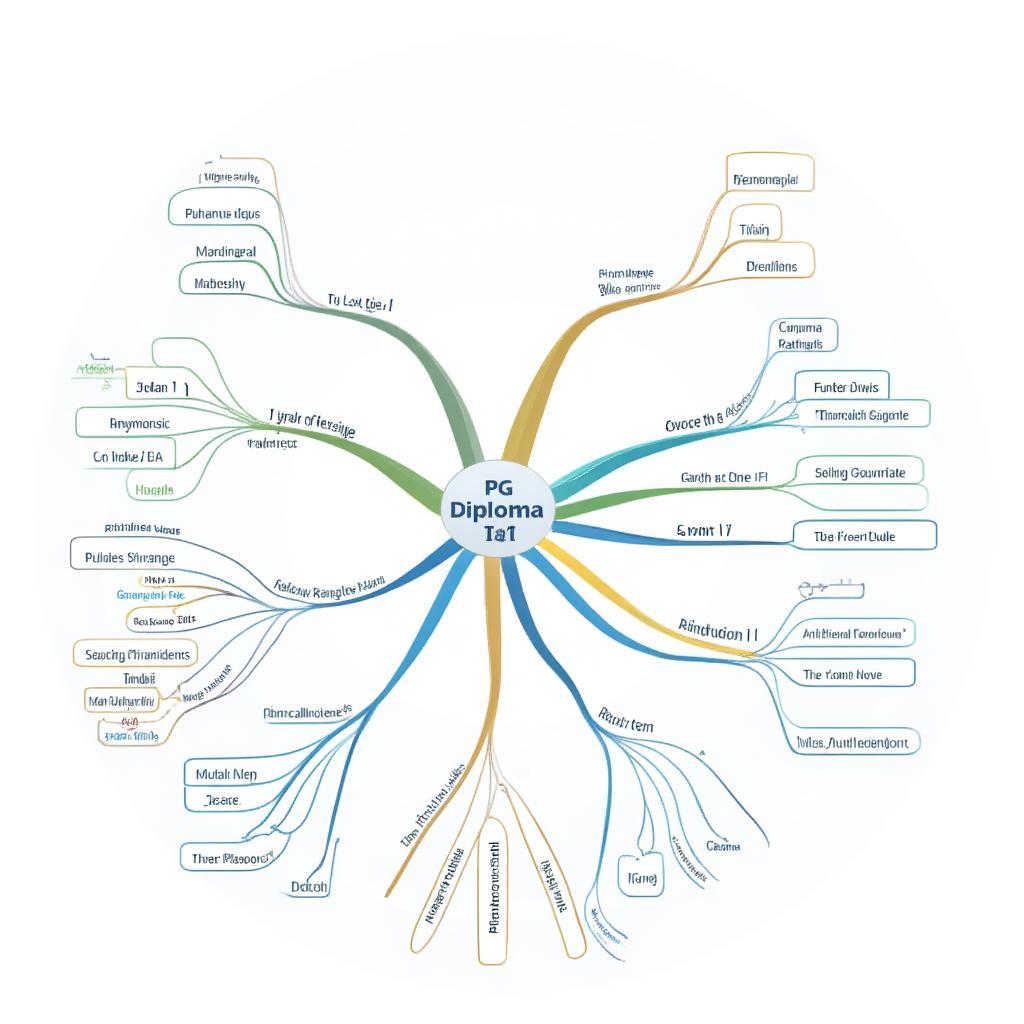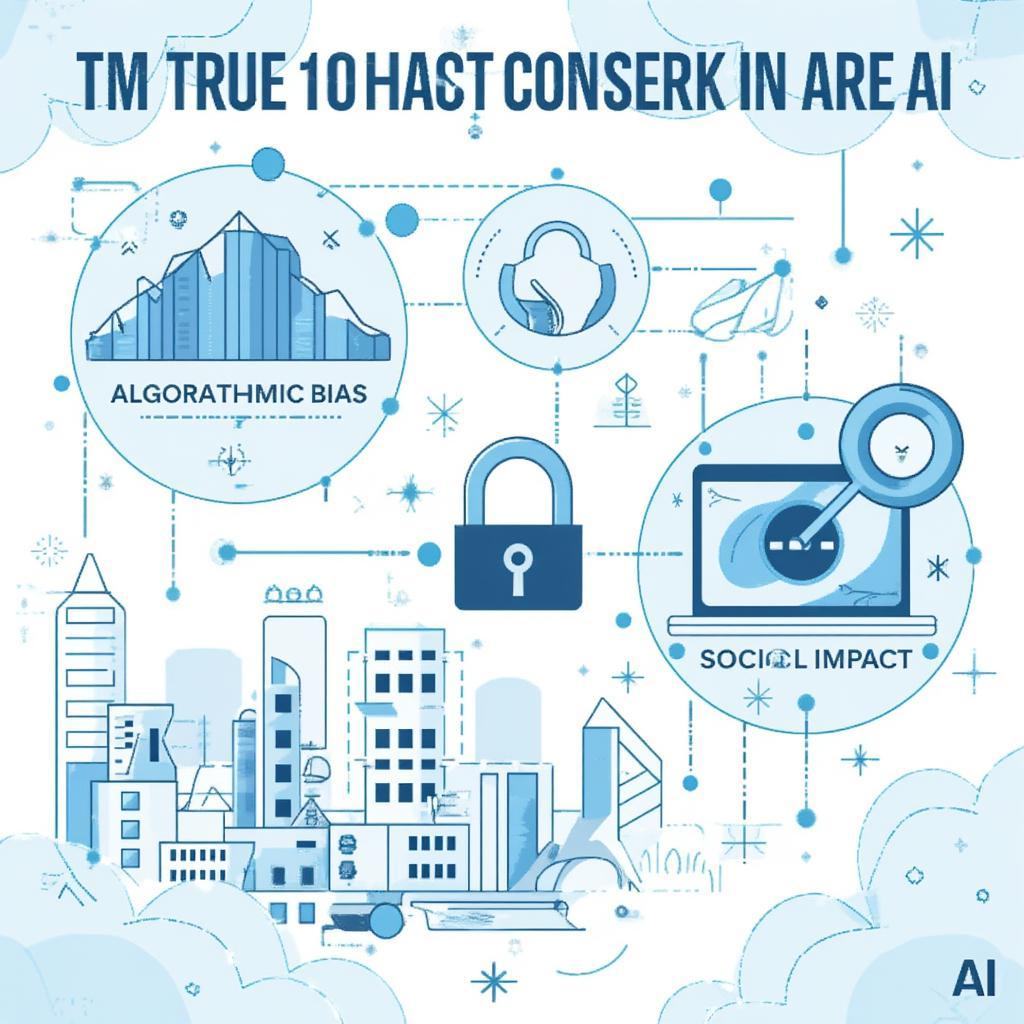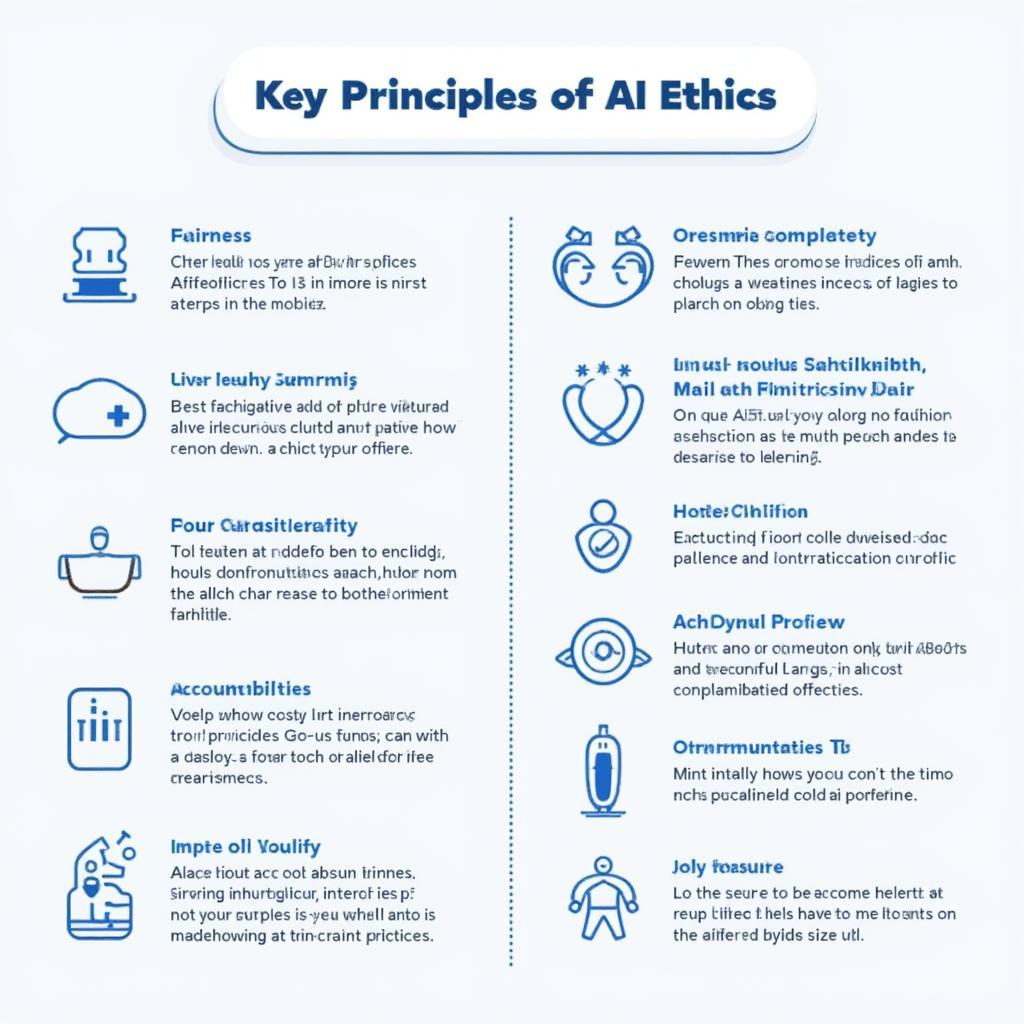Unlock Your AI Potential: A Deep Dive into the PG Diploma in Artificial Intelligence

A postgraduate diploma in artificial intelligence (PG Diploma in AI) is rapidly becoming a sought-after qualification for professionals looking to upskill or transition into the burgeoning field of AI. This comprehensive program provides in-depth knowledge and practical skills in various AI domains, paving the way for exciting career opportunities. This article delves into the world of PG Diploma in AI programs, exploring curriculum, career prospects, ethical considerations, and the transformative impact of AI on society.
What is a PG Diploma in Artificial Intelligence?
A Pg Diploma In Artificial Intelligence is a specialized postgraduate program designed to equip students with a comprehensive understanding of AI principles, techniques, and applications. Typically lasting one to two years, these programs cater to recent graduates and working professionals seeking to enhance their expertise in AI. The curriculum covers a wide range of topics, including machine learning, deep learning, natural language processing, computer vision, robotics, and AI ethics. Students gain hands-on experience through projects, case studies, and research work, preparing them for real-world AI challenges. This PG Diploma provides a focused and intensive learning experience, enabling graduates to contribute meaningfully to the rapidly evolving AI landscape.
Curriculum Deep Dive: Core Components of a PG Diploma in AI Program
A robust PG Diploma in AI program typically incorporates a core set of modules covering foundational and advanced AI concepts. This comprehensive curriculum ensures graduates possess the necessary theoretical and practical knowledge to excel in the field. Key components often include:
- Fundamentals of Artificial Intelligence: This module introduces the basic principles of AI, including problem-solving, search algorithms, knowledge representation, and reasoning.
- Machine Learning: A cornerstone of AI, this module explores various machine learning algorithms, such as supervised learning, unsupervised learning, and reinforcement learning.
- Deep Learning: Delving into the intricacies of neural networks, this module covers advanced topics like convolutional neural networks (CNNs), recurrent neural networks (RNNs), and generative adversarial networks (GANs).
- Natural Language Processing (NLP): This module focuses on enabling computers to understand and process human language, encompassing tasks like text analysis, sentiment analysis, and machine translation.
- Computer Vision: This module explores techniques for enabling computers to “see” and interpret images and videos, with applications in object recognition, image classification, and video analysis.
Career Prospects after Completing a PG Diploma in Artificial Intelligence
Graduates of a PG Diploma in AI program are well-positioned for a wide range of in-demand roles across various industries. The specialized knowledge and skills acquired during the program open doors to exciting career paths, including:
- AI Engineer: Designing, developing, and implementing AI systems and solutions.
- Data Scientist: Analyzing large datasets, extracting insights, and building predictive models using AI techniques.
- Machine Learning Engineer: Developing and deploying machine learning algorithms for various applications.
- NLP Specialist: Working on natural language processing tasks, such as chatbot development and language translation.
- Computer Vision Engineer: Developing algorithms and systems for image and video analysis.
- AI Consultant: Providing expert advice to organizations on AI strategy and implementation.
- Robotics Engineer: Designing, building, and programming robots that can perform tasks autonomously.
The Ethical Imperative: Addressing Ethical Considerations in AI Development with a PG Diploma
As AI becomes increasingly integrated into our lives, ethical considerations are paramount. A robust PG Diploma in AI program addresses these crucial aspects, ensuring graduates are equipped to develop and deploy AI responsibly.
- Bias and Fairness: AI systems can inherit and amplify existing societal biases. The curriculum explores methods for mitigating bias and ensuring fairness in AI algorithms.
- Privacy and Security: AI systems often process sensitive data, raising concerns about privacy and security. The program addresses data protection measures and ethical data handling practices.
- Accountability and Transparency: Understanding the decision-making processes of AI systems is crucial for accountability. The curriculum emphasizes transparency and explainable AI (XAI) principles.
- Societal Impact: AI has the potential to transform society in profound ways. The program encourages critical thinking about the broader societal implications of AI and promotes responsible innovation.
Why Choose a PG Diploma in Artificial Intelligence? Benefits and Advantages
- Specialized Knowledge: Gain in-depth expertise in AI theories, techniques, and applications.
- Career Advancement: Enhance your career prospects with in-demand AI skills.
- Industry Relevance: Learn from industry experts and gain practical experience through projects and case studies.
- Networking Opportunities: Connect with fellow AI enthusiasts and potential employers.
- Faster Path to Specialization: Focus specifically on AI without the broader scope of a master’s degree.

Conclusion: Embracing the Future with a PG Diploma in Artificial Intelligence
A PG Diploma in Artificial Intelligence provides a powerful pathway to a rewarding career in this transformative field. By equipping individuals with the necessary skills and knowledge, these programs contribute to the responsible development and application of AI. As we navigate the complexities of an AI-driven future, a PG Diploma in AI empowers professionals to shape the future ethically and contribute to a more equitable and innovative society. Investing in a PG Diploma in AI is not just an investment in your career; it’s an investment in the future of intelligent technology.




